How climate change drives hotter, more frequent heat waves
Grist
JULY 11, 2023
Yafali and his family found respite in their AC, but they were fortunate outliers; Seattle, known for its cool, wet winters and mild summers, is one of the least air conditioned big cities in the country. They took refuge in shady parks or in community cooling centers. Kathryn Elsesser / AFP via Getty Images The short answer is yes.



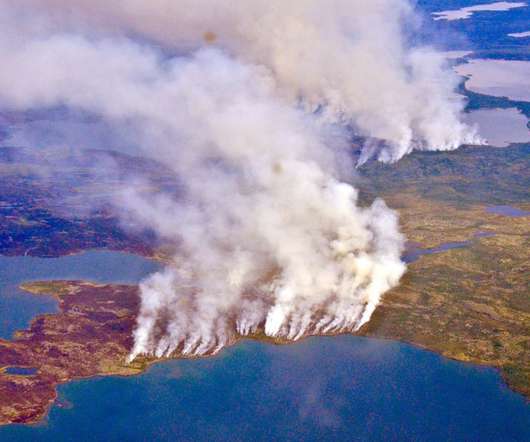

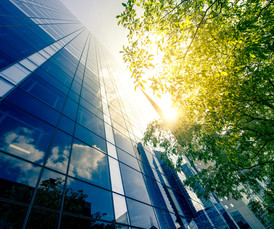
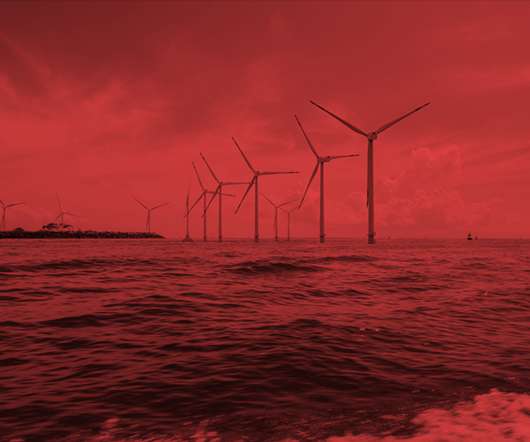
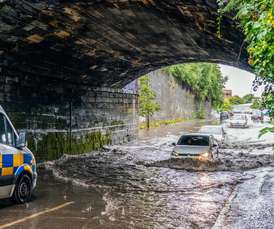
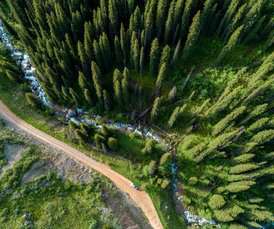
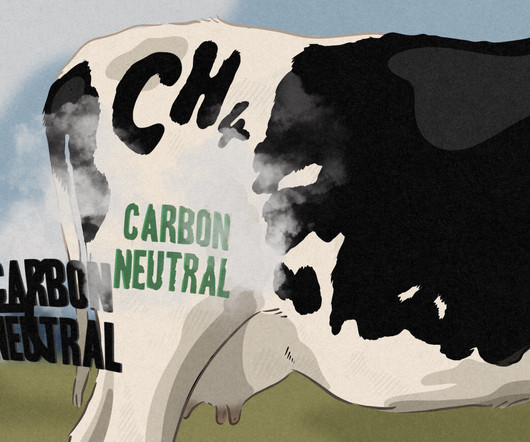

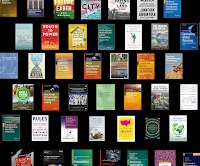


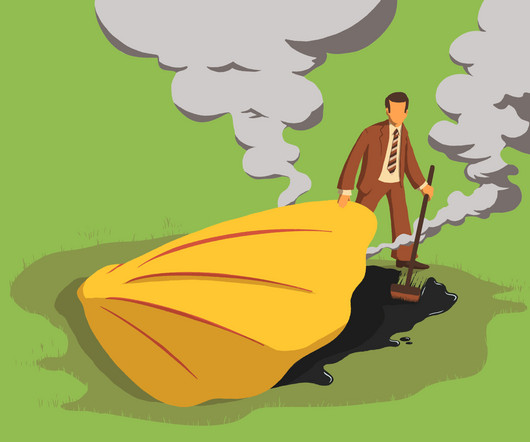
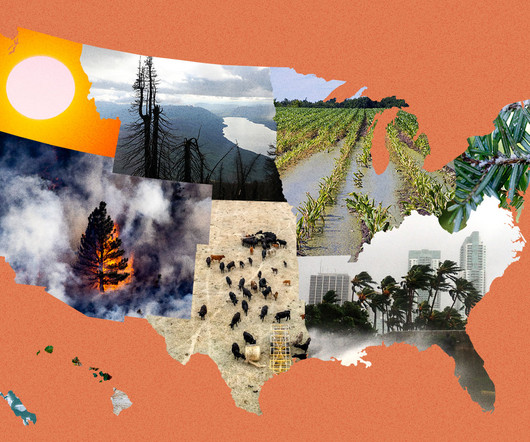








Let's personalize your content